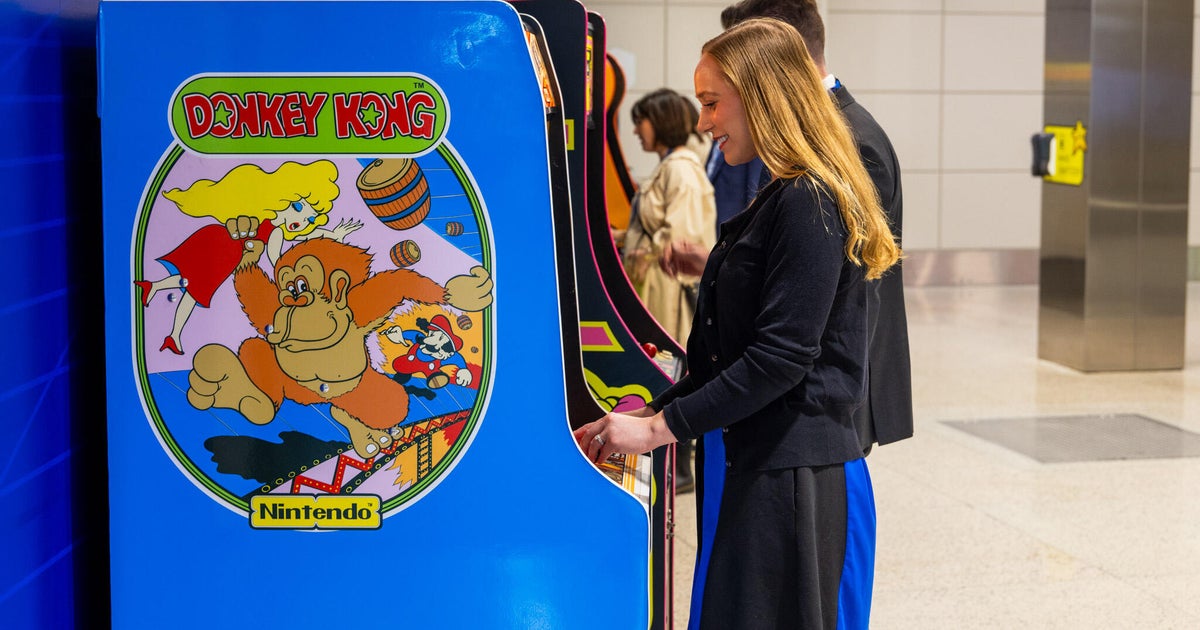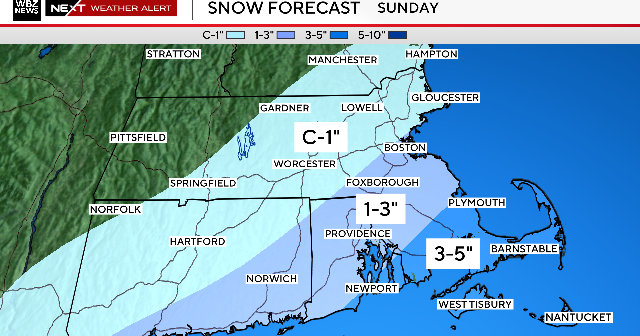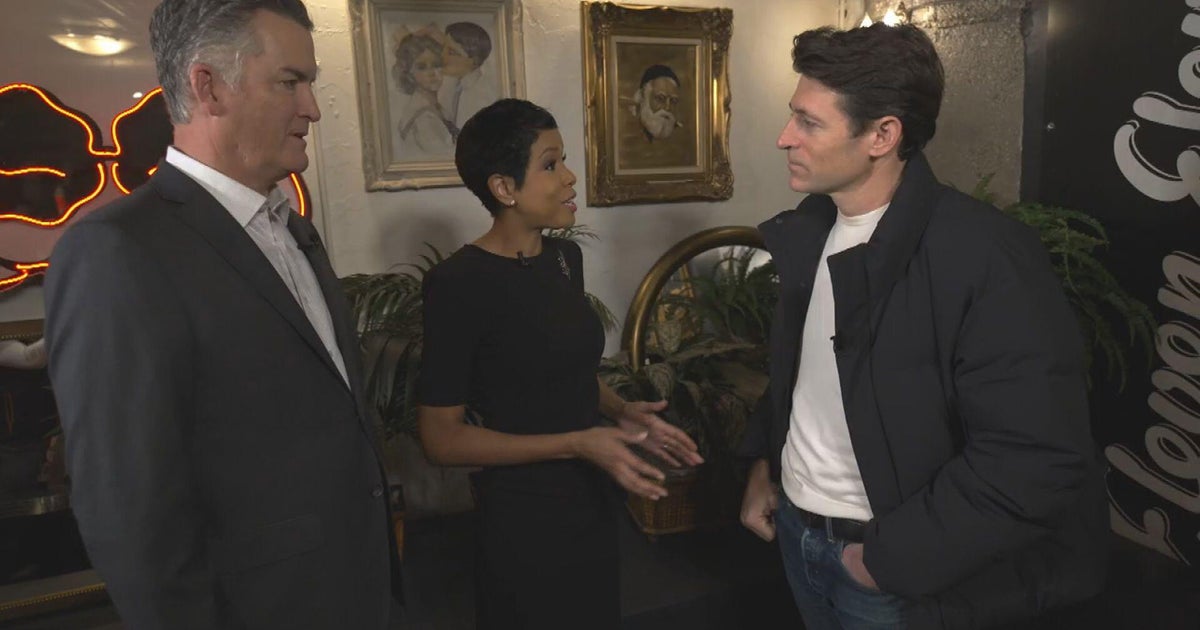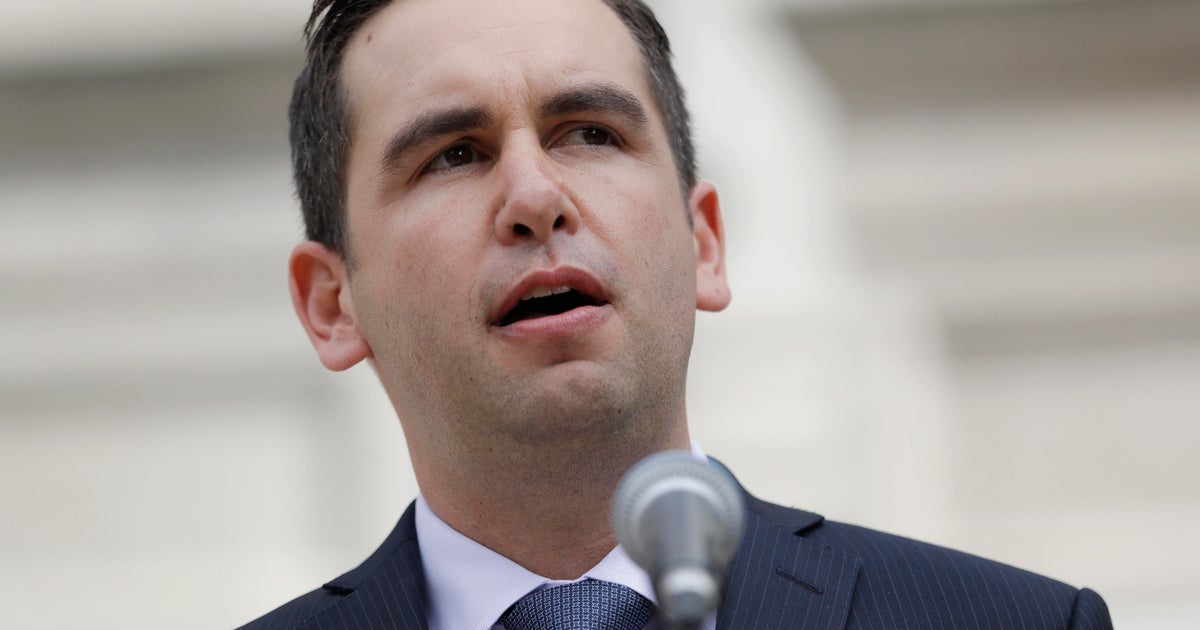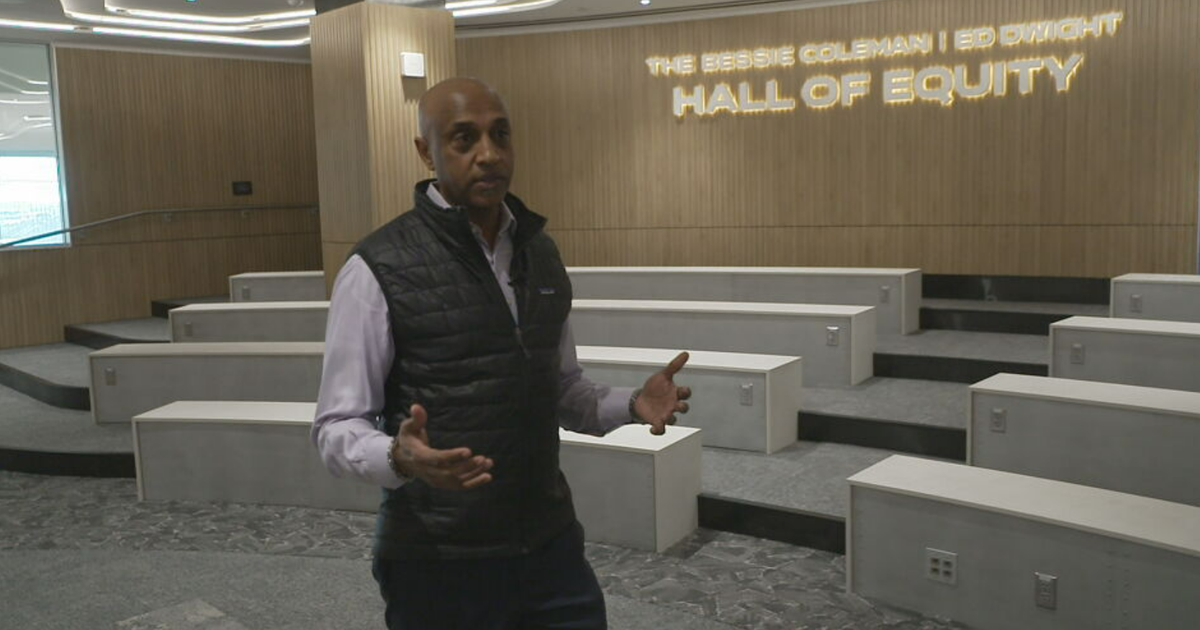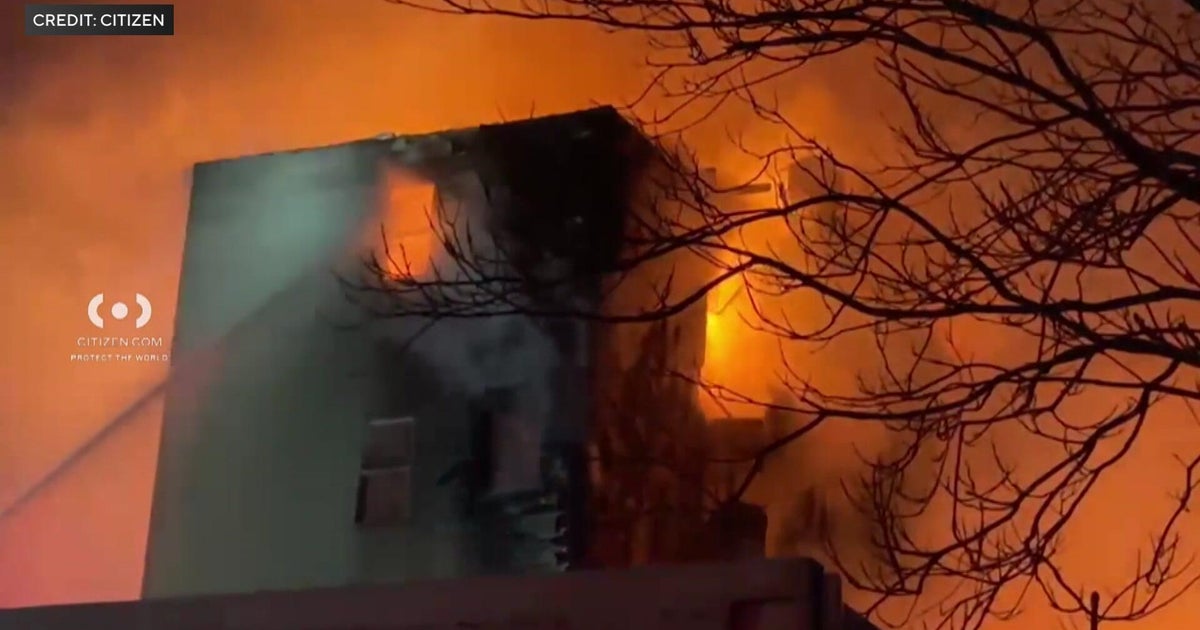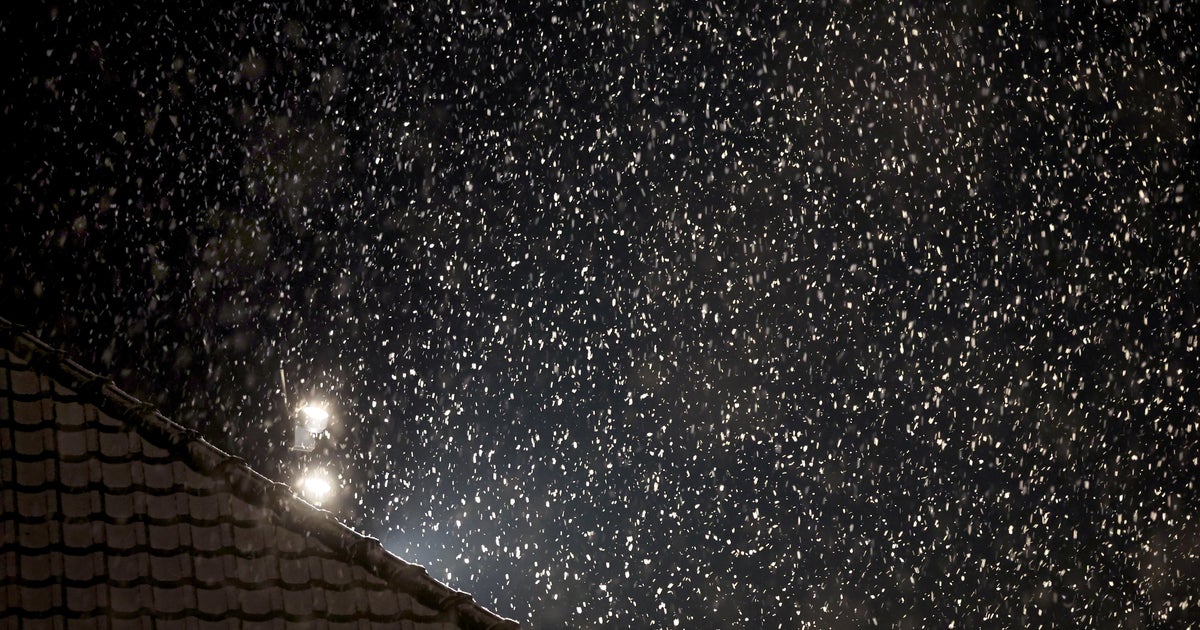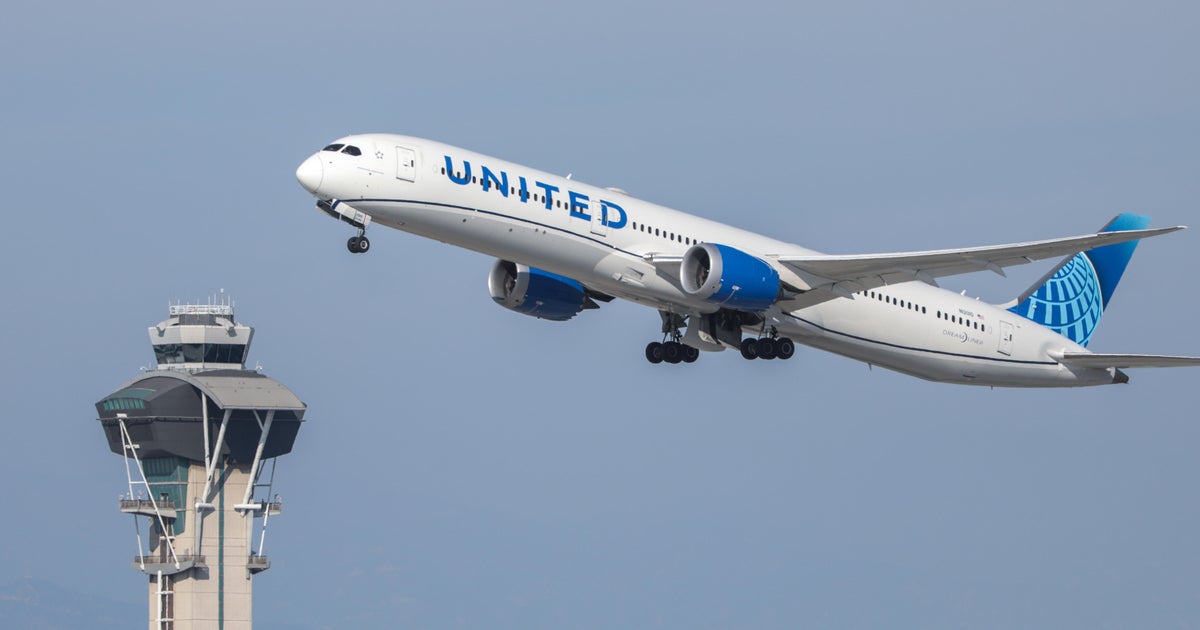In Their Own Words: WBZ Anchors, Reporters Reflect On 9/11/01
BOSTON (CBS) - Everyone remembers where they were on September 11, 2001.
Many of the anchors and reporters at WBZ-TV and WBZ NewsRadio 1030 were on the air that day covering the terrorist attacks from Boston and New York.
Here are some of their recollections, in their own words.
Gary LaPierre, WBZ NewsRadio 1030
I was just a couple of years short of retiring from CBS Radio in Boston (WBZ) when on the morning of nine-eleven, I was confronted by the biggest challenge of my 43-years as an anchorman for the biggest and most influential single market radio news operation in the country…….WBZ Newsradio 1030.
I covered local, national and international news for CBS Boston for more than four decades but on 9/11/01, a challenge like none other.
My writer and editors were in the final stages of prep for my 9 o'clock newscast that morning when we started hearing squacking about a fire on the upper level of one of the World Trade Center Twin Towers. A few minutes before 9, we got word that it was a plane, probably a small plane had hit the tower and we'd better got on the air immediately. I went directly to the studio and started ad-libing about what was going on…and basically what we didn't know. Within minutes I got word….about 9 o'clock sharp, that it was not a small plane…..but a large plane had hit the tower and we had a disaster in the making. As I stared at the three TV monitors in my studio, being handed the latest information from the staff about what "may" have happened in NYC…..I spotted the live pictures of the second plane……circling the second tower and suddenly "wham"….the second plane hit and it was steadily becoming obvious……this country was under attack.
I stayed on the air for about one hour…non-stop…….trying to muster the vocabulary necessary to explain this unexplainable situation. If only…..if only….I could recall everything I said that fateful morning in the course of about an hour….but I remember vividly my final words before I turned the microphone over to my successor. I said to the effect…..Ladies and Gentlemen, make no mistake, pay close attention…because we are witnessing something here, the likes of which has never been witnessed in the history of this country. This is huge! This is the biggest story I've covered in more than 40-years of electronic journalism.
The understatement of my entire career………the bloodiest-deadliest singular attack on Americans (or anybody) in the history of the world.
Joe Shortsleeve, WBZ-TV
I was working that day Tuesday September 11, 2001. I remember I was home and had the TV on in the kitchen. At first I thought it was a traffic helicopter which hit the World Trade Center as I was watching national coverage. When the second plane hit ...I think most people knew.
The newsroom went into over drive that day as we quickly realized not only did the planes leave from Logan Airport but so many local families had suddenly lost loved ones. It was really tragic and very sad.
I remember calling a childhood friend who worked as a flight attendant for one of the airlines. I called the home without even thinking perhaps this friend may have been on one of the planes. When this person answered the phone... I felt a tremendous sense of relief. This friend not only worked for the airlines but actually flew those exact routes and knew some of the people working that day. Over the next several days I got a great deal of guidance.
It also wasn't long before we found out that hijackers stayed in the hotel right next door to WBZ before heading to Logan. I can remember thinking.... that as I left work late on the night of September 10th 2001.... I passed within a few hundred feet of these terrorists.
David Wade, WBZ-TV
I got a call on the morning of 9-11 from the assignment editor: "David, a couple of planes have hit the Twin Towers. Get in here as fast as you can and pack a bag."
I turned on the TV and saw what much of America had already witnessed. Pure chaos. Pure fear.
I was at the station within minutes and was told to start driving toward NYC and they'd figure the rest out as we drove.
As, the videographer and I started driving west on the Pike we were listening to WBZ radio. We were scared to death listening as the towers crumbled. I remember looking at the unbelievably blue skies and thinking to myself how eerie it was to see no one single plane flying. I was profoundly sad and nervous knowing that what ever was going on- I was driving directly into it.
That night police had created an impenetrable force around the city, so I reported live from the New jersey side of the Hudson with the World Trade Center Towers dramatically missing from the landscape over my shoulder. The next morning, I drove into Manhattan. I was there for two weeks and will never be able to erase the image of people walking in a trance-like state holding large poster board pictures of their missing loved ones.
Beth Germano, WBZ-TV
I'd never felt so numb.
I couldn't move, staring out the window during the three and a half hour train ride home from Penn Station to Boston one week after September 11, reflecting on the loss, sadness and even the spirit I had encountered reporting from Ground Zero.
I arrived in New York two days after the terror attack, having spent September 11th itself at Logan Airport witnessing the eerie silence of an airport in a frozen state, no landings or takeoffs. I had been hearing for the first time names like Mohammed Atta, the attack mastermind, and beginning to unravel the trail that allowed him to board an American Airlines flight.
The next day we followed investigators as they discovered several of the hijackers had spent the night before in Newton and Brighton hotels, one a stone's throw from our television station. But the assignment change to New York City was profound and humbling.
My distinct memory is the plume in the distance, seeing it for the first time on the horizon as we arrived by train, and ever present as we reported along King's Highway, blocks from where the plume was created amid the debris of fallen buildings, massive structures that crumbled like a house of cards taking with them the precious lives of those inside, and those who perished doing the job of trying to rescue them.
We met some of those dedicated men and women at New York firehouses that suffered the incredible loss of brother firefighters rushing into harm's way in the selfless obligation that drives them to help people. If it was a comfort, the firehouses became public shrines for people wanting to pay their respects to men and women they didn't know, who answered the call without questioning the risk.
Flowers and heaps of flowers were laid at the doorsteps of firehouses, in the only gesture visitors knew as an act of thanks. Outside Mount Sinai Medical Center, which helped thousands of responders, families posted the pictures of missing loved ones in a desperate attempt to find them. Photograph after photograph was posted, and families were not shy, talking to a crew from Boston in a desperate attempt to have their story told.
We told as many stories as we could with the heavy heart that comes with knowing we can only try to help. They were hoping for any bit of information that might lead them to their loved one, however futile. We tried to focus on crews coming in from Boston to help the disaster relief, and met up with members of the Salvation Army who simply set up food carts so that responders could get a hot cup of coffee or soup, and perhaps a smile from a volunteer, since smiles were in short order in those days.
While our cameras were not allowed into ground zero, I was able to ride in with Salvation Army volunteers and get a first-hand look at the fog that was once the World Trade Center, and the many crews scrambling to make sense of something that seemed incomprehensible.
Perhaps it was a simple story in the midst of disaster, but for me it was an equally important story of volunteers from Boston just trying to make sure that rescue crews could get food and water to keep them going. We stood by the canteen and realized the effort of these volunteers was bringing tears to their eyes, making sure they were meeting the needs of people so close to something so evil.
As reporters we've spent considerable time investigating whether this could happen again. I will never forget the faces, the families, and the dedication I encountered during this time, and I hope the lessons of 9-11 have truly been learned. If anything good came out of 9-11, it was a renewed sense of community and a reaffirmation of our ability to come together as Americans to get through this awful tragedy.
Kelly Isenor, WBZ-TV Producer
It was a sunny Tuesday, and I was sleeping late when the first plane hit...
I was standing in the living room of a rented apartment in upstate New York ... switching my gaze between a framed 6-month old photograph taken at the base of the World Trade Center and the unlikely TV news footage as the South Tower fell.
I knew I had to get into work and begin the impossible process of documenting this day ... which, as a journalist, would shape my career, my perspective, and my personal story ... but I couldn't stop watching the live reports.
My crew made it Ground Zero just before the island was shut off to traffic ...
Images from that day will stay with me for the rest of my life ... the eerie silence of New York City, broken only by the sound of military jets above ... dust from the crumbled buildings settling on a rose in a small park blocks away ... the man who had lost power, and therefore access to radio and television reports, confined to his neighborhood and begging for a newspaper, asking me if we were at war ...
And in the weeks that followed ... the massive lines at blood donation centers ... the explosion of American flags on every home, office and street corner ... and that familiar constriction in my throat every time I heard strains of "God Bless America."
As America marks the anniversary of the September 11, 2001 terrorist attacks, we want to know ... where were you when you first heard about the September 11th attacks?
How has that day shaped your life?
What will you tell future generations who did not live through it themselves?
